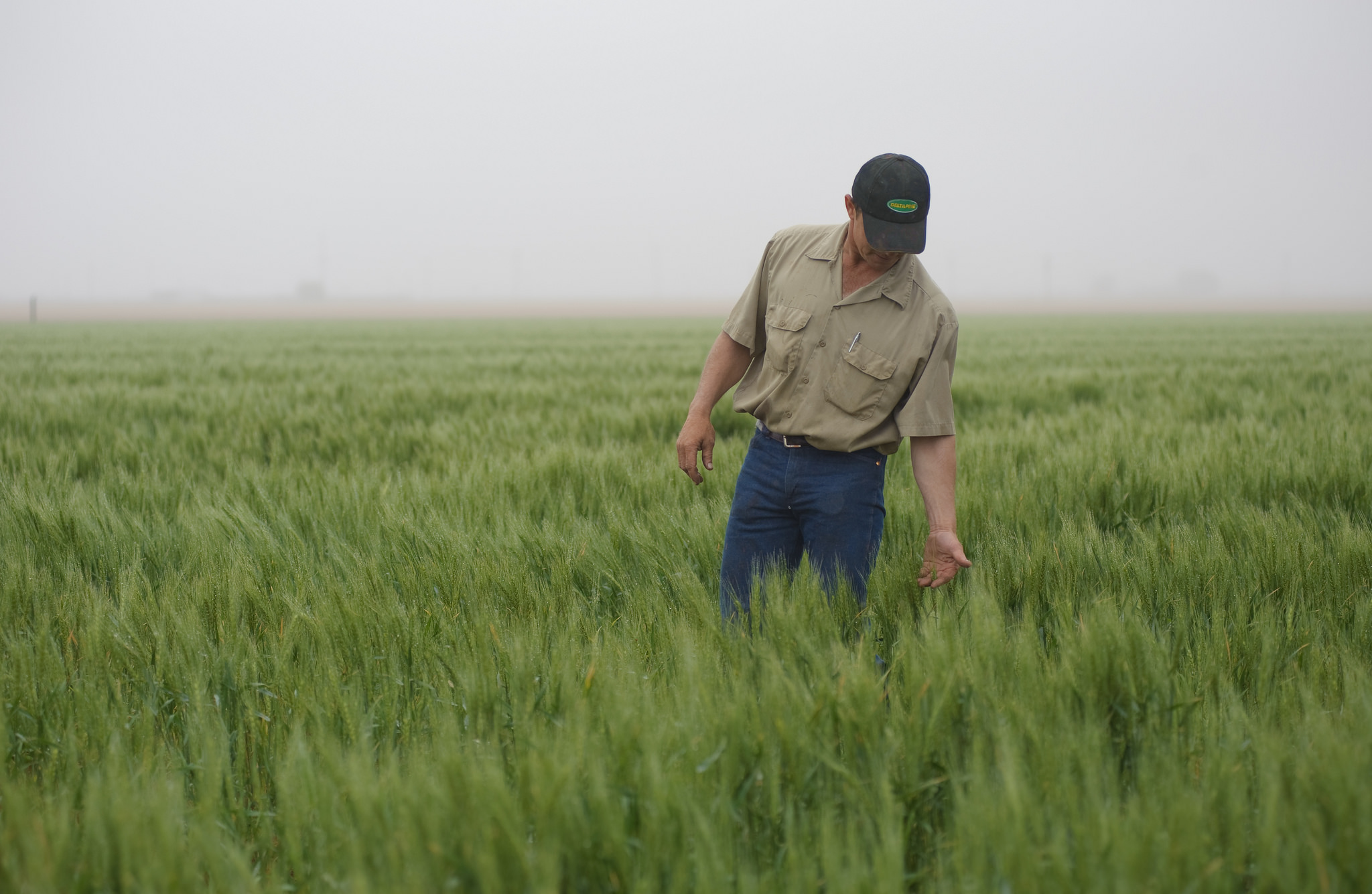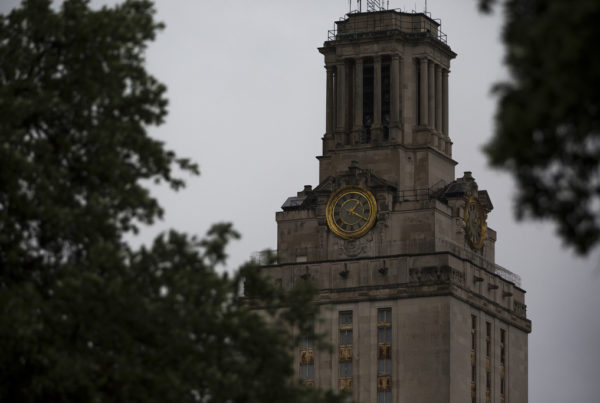In January, about a quarter of Texas farmers who borrowed money from the federal Farm Service Agency were late on their payments – the highest rate in at least a decade. The Farm Service Agency, or FSA, is a branch of the U.S. Department of Agriculture. Farmers and ranchers often borrow money from it when they can’t get a loan elsewhere. They use the loans for day-to-day operations and securing land.
Delinquent loans are on the rise nationwide. Texas’ delinquency rate isn’t as high as it is in states like Florida and North Carolina, but it’s higher than the national average.
“It’s certainly not surprising,” says Steven Klose, an agricultural economist at Texas A&M University.
The reason he’s not surprised is because prices on commodities – products like cotton, corn and beef – have been mostly down for over five years. Last year, low prices and other factors caused farm revenues to go down even more.
“In 2018, the weather wasn’t near as good, and we didn’t get the crop yields we’d seen in past years,” Klose says.
The weather wasn’t the only thing out of farmers’ control, though. Some of them found themselves caught up in the trade war between the United States and China, including grain sorghum growers. Wayne Cleveland is the executive director of the Texas Sorghum Producers association. He testified before the state House and Senate agriculture committees last week.
“We were assessed a 179 percent tariff on our product – that’s a showstopper, folks. That hurts. It hurt our growers in Texas to the tune of about a $103 an acre,” Cleveland said during his testimony.
Klose, the agricultural economist, says it’s difficult to know the exact impact of the tariffs, especially since Texas farmers were also dealing with bad weather and low prices. But if at least some of those factors don’t improve in 2019, there will likely be more delinquent loans, and fewer farmers who are able to stay in business.















